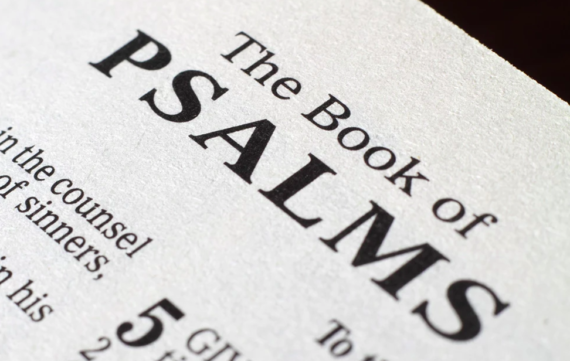This psalm is most often classified as a corporate lament. It is that. Tate calls it also a “penitential liturgy.”
In modern times, the psalm has been recited each Friday at the “wailing wall.” It is also recited on the 9th of Abib, at a fast recalling the destruction of the Temple and other major disasters.
Echoes of this psalm can be heard in the New Testament at 1 Thess 4:5 and in Rev 6:10 and 16:6.






It could be outlined in several ways. The simplest is to recognize two principle parts: a statement of the situation (complaint, 1-5) and an appeal for action (6-13).
Although a case could be made for another occasion, this psalm appears to refer primarily to the destruction of Jerusalem by the Babylonians in 586 BC. Clearly it is written by people at the end of their rope. Not only their material world, but their spiritual world has been shattered. They are beyond being able to rebuild or pull themselves up. If they are to be saved, they must have divine deliverance.
The secondary applications of the psalm are limitless. Weiser suggests that it is only those who have suffered a similar defeat who are able to use this psalm. But anyone realizing his personal helplessness might make use of this psalm. The only people it does not fit are those who think they are capable of saving themselves.
Reality of guilt
This psalm recognizes the reality of guilt.
5How long, O Lord? Will you be angry forever? Will your jealousy burn like fire? 8 Do not remember against us our former iniquities; let your compassion come speedily to meet us, for we are brought very low.
Grounded in God’s glory
This psalm grounds the appeal for deliverance in the glory of God.
9 Help us, O God of our salvation, for the glory of your name; deliver us, and atone for our sins, for your name’s sake! 10 Why should the nations say, “Where is their God?” Let the avenging of the outpoured blood of your servants be known among the nations before our eyes!
Praise the response
This psalm offers praise as the human response to deliverance.
13 But we your people, the sheep of your pasture, will give thanks to you forever; from generation to generation we will recount your praise.
No matter what happens, physically, materially, socially, let us approach God in this manner: Aware of our guilt, appealing to His glory, offering him our gratitude.

